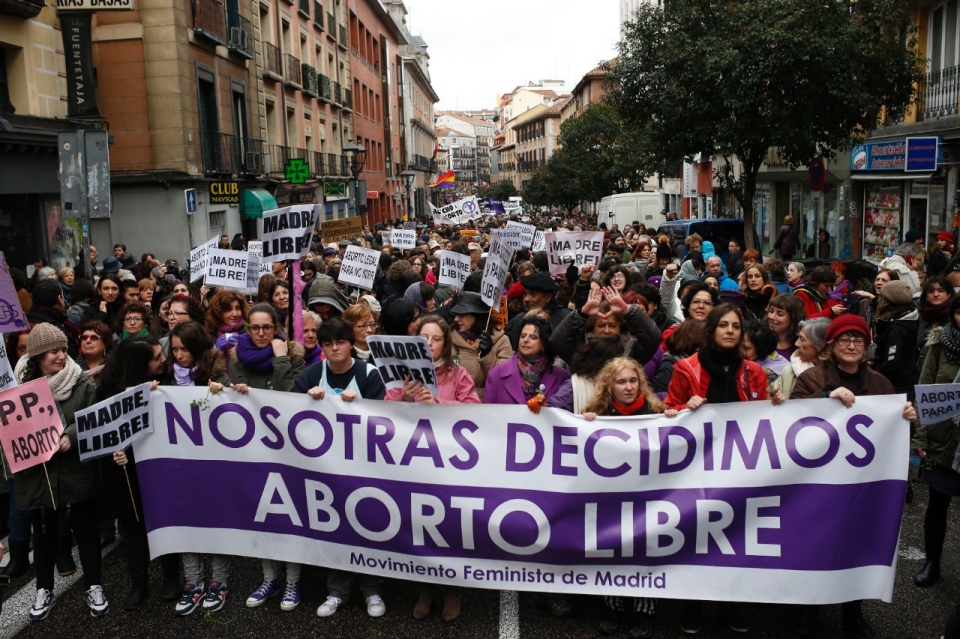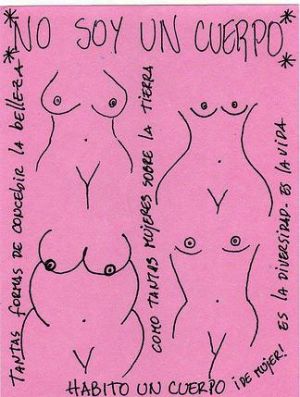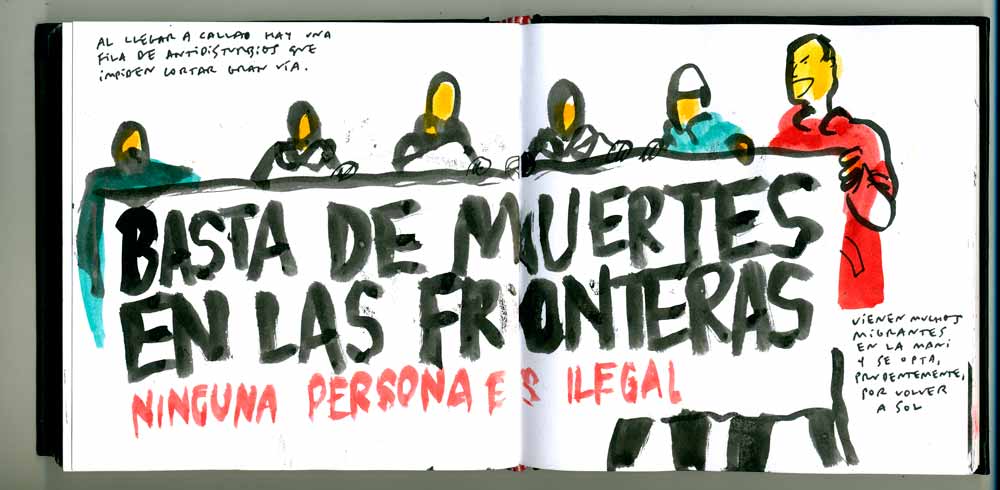
Ilopango Women’s Prison
El Salvador built as special hell for women, formally called el Centro de Readaptación para Mujeres de Ilopango, the Ilopango Center for Women’s Readaptation. Call it the Ilopango Women’s Prison. For the last few months, this prison has, and has not, received some notoriety because of El Salvador’s draconian anti-abortion laws, which have landed Las 17 in Ilopango. The story of the 17 women sent into the hell of Ilopango for having suffered miscarriages is important, as is the story of all the women in Ilopango. The abuse of the 17 is a crime, as is the abuse of all the women prisoners in Ilopango.
Starting in 1998, El Salvador banned all abortions, period. Today, El Salvador is one of six countries to ban all abortions. Additionally, El Salvador opened hunting season on pregnant women, so that any woman who suffered a miscarriage was suspected of both having had an abortion and of having committed murder. Between 2000 and 2014, over 250 women were reported to the police. 147 women were prosecuted. 49 women were convicted – 26 for murder and 23 for abortion. A People’s Tribunal is going on right now to investigate the cases of three of those women: Carmen Guadalupe Vasquez Aldana, sentenced to 30 years and released after seven years; Maria Teresa Rivera, in for 40 years for aggravated homicide; Teodora del Carmen Vásquez, sentenced to 30 years.
Salvadoran women’s groups, such as the Citizen’s Group for the Decriminalization of Therapeutic and Ethical Abortion and Abortion for Reasons of Fetal Anomaly and the Feminist Collective, have waged a mighty campaign. Periodically, the case of Las 17 is picked up globally, and so the struggle continues.
The assault on pregnant women, the absolute and total ban, is predictably partial: “The majority of the cases were referred to the police from hospitals—specifically, from public hospitals. Indeed, not a single hospital report to police came from the country’s private practice doctors or private hospitals.” So, the “totality” of the ban applies only to those women dependent on the public health system.
Of equal importance is the prison itself: “Ilopango is squalid and cramped: Overcrowding stands at nearly 1,000 percent, according to some estimates. Women sleep some 40 to a cell; one prison guard told me that over 100 children under five live there with their mothers.” Ilopango was designed for 225 women, maximum. Last year it held 2000. Women sleep five to a bed, or on the floor. Water is scarce, and medical care even scarcer. Prisoners rely on their mostly impoverished families for pretty much everything.
These are the numbers of violence against women: Las 17 and 2000 in a space for 225. For the women who suffered miscarriages, the viciousness of the State is a crime. For the women, all the women, who ended up in Ilopango, the sentence of death-in-life is the crime, not abortion, not miscarriage, not this or that act, not being a woman. Ilopango is the crime.
Meanwhile, last month, Flor Sánchez was dumped in jail for the `crime’ of having endured a miscarriage.
(Photo Credit: New York Times / Meridith Kohut)









